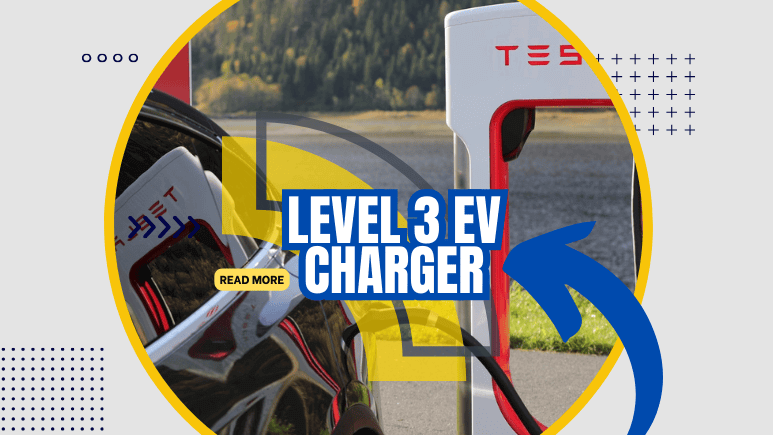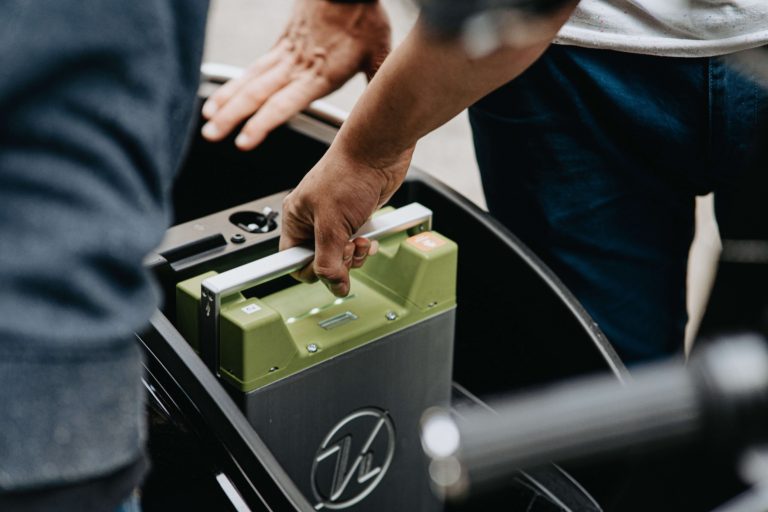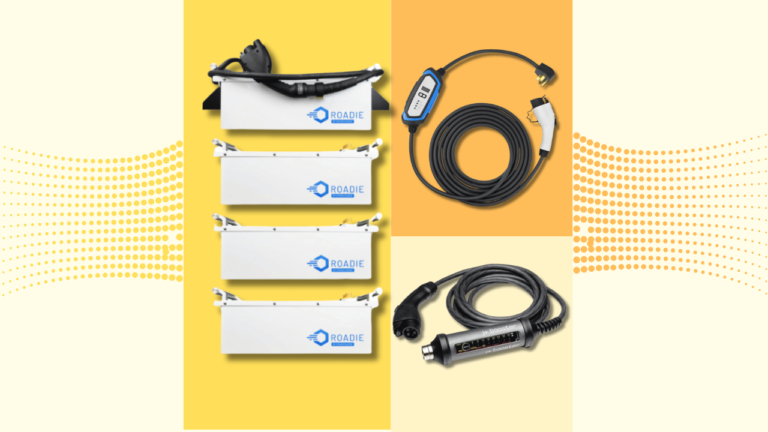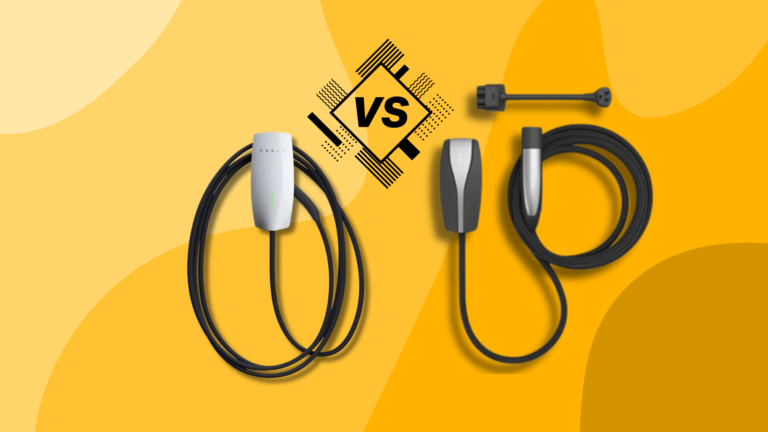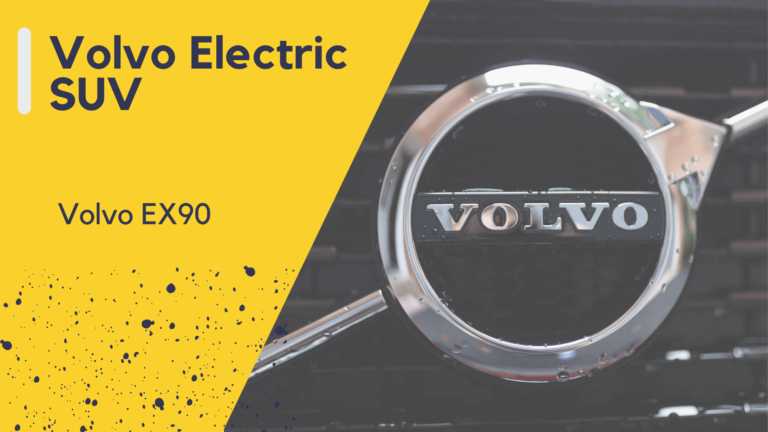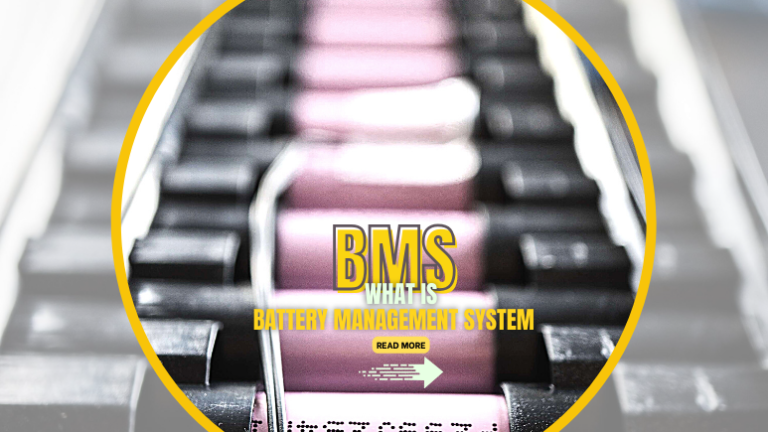If you’re an electric vehicle (EV) owner, you probably know the importance of having a reliable and efficient charging system.
One of the most advanced options available is the Level 3 EV charge.
What you will gain here:
There are many different programs like local funding and rebates to promote installing level 3 chargers.
In California, $30 Million in Incentives Now Available to promote charging stations.
Rebates are available for purchasing and installing eligible direct current (DC) fast chargers capable of at least 150 kW guaranteed power output at each active connector.
In the US this year, a $900 billion investment plan is made to build 100 million electric vehicle charging stations in 35 states. The plan will span 53,000 miles of national highway.
In Canada, the ZEVI program provides funding for EV infrastructure with a maximum of $100,000 per DC fast charger.
In Quebec Canada, workplace sites and multifamily building owners can receive a rebate of up to $25,000 annually.
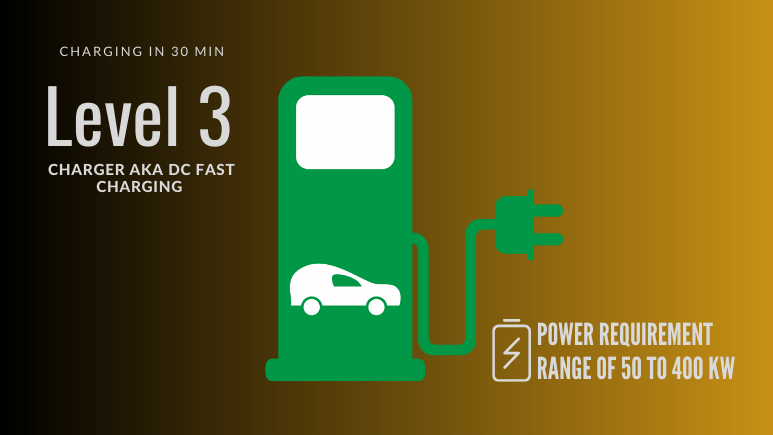
What is a Level 3 Charger?
First thing first, level 3 charger is also commonly called DC charging. Or these days because of popularity of Tesla superchargers they may be referred to as superchargers. They are the fastest type of charging for electric vehicles and actually require a high-voltage supply.
DC charging basically is the conversion of alternating current (AC) from the power supply gird to direct current (DC).
Usually you can charge your EV within 30 to 45 minutes with DC charging from 0 to 400 Km range.
Level 3 chargers often provides 240 KW of power (ranging between 50 Kw and up to 400 Kw).
These chargers are installed outside just because it needs a high power requirement which is about 480V. The higher amperage will result in a faster and more efficient charging time.
Advantage of installing DC charger outside is that it gives access to public and commercial settings.
Level 3 EV Charger Cost
Level 3 chargers cost somewhat between $10 to $25 to charge for about 400 km range. So if we want to compare it with the gas-powered cars, a full tank of a car costs approx. $90 for a range of 700-800 km.
So if you only charge your car with DC charging it will cost about $20 – $50 to get the same range of 800 Km (about 500 miles).
That means if you are driving your car about 2400 km per month (on an average) you will need to pay something in between $60 to $150 per month if and only if you charge with level 3 charging.
But remember that using the DC charging only is not good for the health of EV batteries.
Install Level 3 Charger For Business
There are many factors to consider for installing level 3 charger for your business. Cost is one of them. The price is in the range of $50K to $180K+.
But, you should know that your company has the opportunity to recover a significant portion of your investment in EV chargers and infrastructure upgrades. Various funding options are accessible by governments as tax credit and rebates.
To install DC charging in your business you will need a electrical infrastructure to satisfy the level 3 charging.
There are some processes and steps for installing:
-
Site analysis: choosing a location that is easy to access like entrance or parking area.
-
Electrical infrastructure: electrician need to check the electrical system so it supports DC charger
-
Obtain permits: get permits from local government
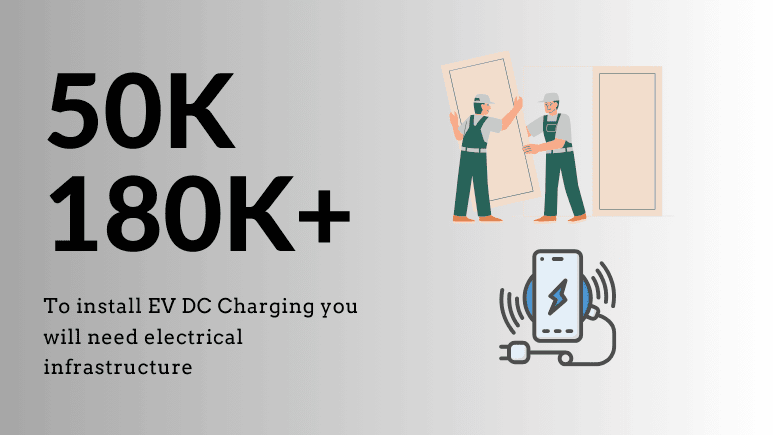
Let's Talk About Benefits?
The most significant benefit is attracting new customer to your business. All the EV owners are always on the lookout for places to charge their vehicle.
If your business appear on the apps like PlugShare as a destination for charging, then it will attract more customers which may not have otherwise stopped.
Also, it enhances the reputation for your business as it shows you care about sustainability. So customers that are conscious about environment.
One aspect of profitability in EV charging stations is the pricing structure. Unlike gas stations, where profit margins on fuel are minimal, EV charging stations can attract customers by offering competitive charging rates. Restaurants, hotels, and other businesses that provide charging services can generate revenue not just from electricity but also from the customers they attract.
For example, restaurants with charging stations can get benefit from travellers. Visitors from out of town may choose to dine at an establishment that offers charging facilities, which is additional source of income for the restaurant.
There are Challenges Of Course
It’s a high initial cost for business owner.
You have to have an upfront money to invest in this. Even though you will get some portion of the money through incentives.
Business owners should consider the amount of usage scenarios and check the demand in their area.
The utility and maintenance cost is anther thing to consider. There is going to be some ongoing costs to handle.
Last but not the least, is competition. The EV industry is rapidly evolving so you should study and make sure the competition from nearby charging stations do not limit the profitability.
What are Differences Between Level 3 and Level 2 Charger?
There is only one main difference. The charging speed and the power it delivers. Level 3 chargers use DC and need 480V but level 2 uses AC and needs 240V.
Well, charging speed is different too. With level 2 charger it will take something between 4 to 8 hours to charge for a range of 400 km. Whereas with level 3 charging you can get to the same range within 30 min.
Level 2 is good for residential and some commercial places and level 3 charger is for public charging stations.
It’s kind of obvious that level 3 charging station is much more expensive than level 2 charger because of all its benefits.
Can You Have a Level 3 Charger At Home?
Not a practical move. With the cost and need for much higher electrical source its not a practical choice.
Level 3 EV Charger Manufacturers
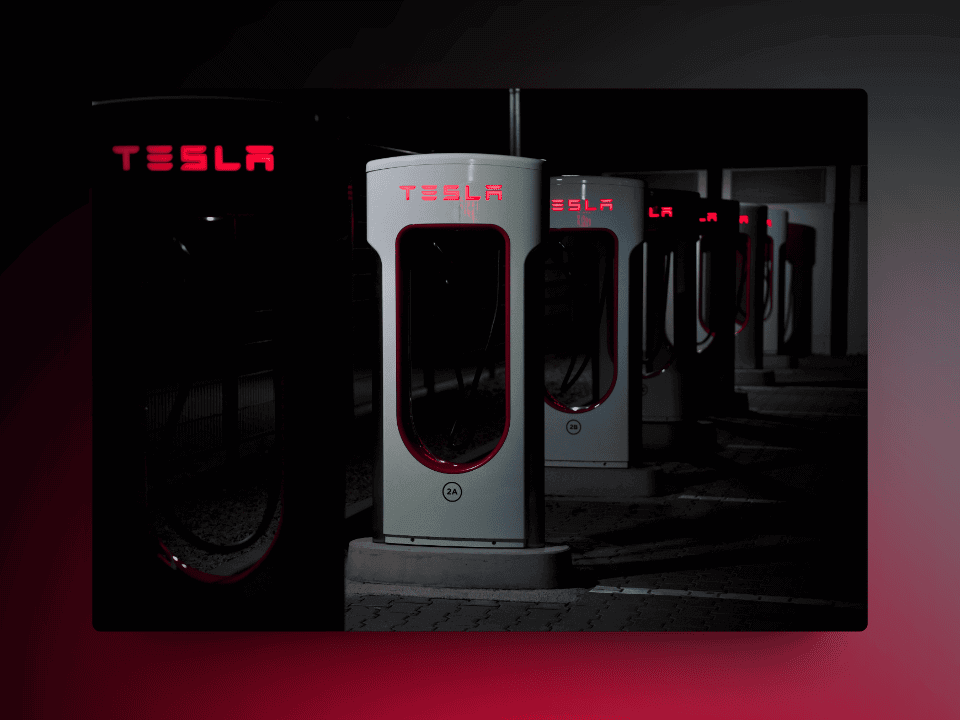
1. Tesla
Tesla supercharger is a high-voltage DC fast-charging network that is built by Tesla for Tesla cars.
They have been place in a well-travelled routes for long distance convenience of Tesla owners.
From 2024, two other EV manufacturers, ford and GM will have access to Tesla superchargers.
If you are interested to install Tesla superchargers at your business, good news is that you can. You need to apply to become a Tesla supercharger host. When you get accepted you are part of the Tesla network.
The cost of installing Tesla supercharger varies depending on location and other factors and it can be < $100K.
2. ChargePoint
ChargePoint is a company that has DC charging solutions. The solution is designed such that it is customizable to meet the business needs.
The ChargePoint company provides EV charging solutions to businesses and individuals. The company is the world’s largest independent network of EV charging stations in the NA and EU. They were founded in 2007 and based in California.
The level 3 charger offers 500 KW. They have a modular design which allows for easy scalability and expansion.
Let’s look at one of the models which is ChargePoint Express 250 level 3 charger. The cost for this charger is about $5200. With a maximum output power of 125 kW. The installation of DC chargers costs something around $1000 – $2500 on average.
Anyone can buy a ChargePoint DC charger for their business or personal use.
ChargePoint has a popular level 2 charger which is called Home Flex…Read in-depth review.
3. Enel X
Enel X is a company that provides energy management solutions. The Enel X founded in 2008 and offers services for b2b and b2c.
Enel X has a smart EV charging station called JuicePump 150kW. It has two charging ports and can connect to WiFi, LTE 4G, and Ethernet.
This charging station is a Level 3 DCFC station. Drivers can charge vehicles up to 80% in 20-30 minutes.
The price for DC fast charging for Enel X varies and starts from about $30K.
4. Kempower
Kempower is a company that makes EV fast charging solutions. In 2018 they have got established to focus on EV market.
Their product ranges from power unit, level 3 fast charger and movable chargers.
The Kempower station charger has charging power of 50 kW to 400 kW.
Price for Kempower mobile charger T500 which can provide 2 x 20 kW charging power is about $27K.
5. BTC Power
BTC power is a company that manufactures electric vehicle charging systems in NA and EU. For locations like private, commercial, and highways. They have both level 2 and level 3 charging solutions.
The company was founded in 1999 for power supplies and converters in telecom and internet infrastructure.
They have different DC charging solutions from 50 KW to 100 KW to 15o KW power.
6. Power Sonic
Power Sonic is a battery and charging solution manufacturer. They also produce DC level 3 EV charging. With the output power from 60 kW to 360 kW.
The company is making products in the industry for over 50 years.
Their level 3 chargers priced in the range of $20K to $100K per unit.
7. FLO
FLO is a leading North American electric vehicle charging network operator and a smart charging solutions provider. It can charge most EVs to 80% in 15 minutes with up to 320 kW power.
The FLO Ultra charger features two high-powered charging ports in one rugged aluminum enclosure. It can be configured in a variety of ways to accommodate charging on one or on both sides.
8. Blink
The Blink company has a level 3 fast charging station which can provide 60 kW to 360 kW charging power. It provides from 140 to 500 amps of power depending on the model.
9. EVgo
EVgo offers level 3 charging station for electric vehicles. EVgo fast charging provides about 350 kW of power supply.
10. Allego
Allego offers level 3 charging stations for EVs. Their DC chargers deliver more than 50 kW power to high-end electric cars. They are one of the leading providers of EV charging solutions with installation of 31K charging points in Europe.
11. BP Chargemaster
BP Chargemaster is electric charging solution company that produces level 3 charging stations. They can deliver up to 150 kW of power.

